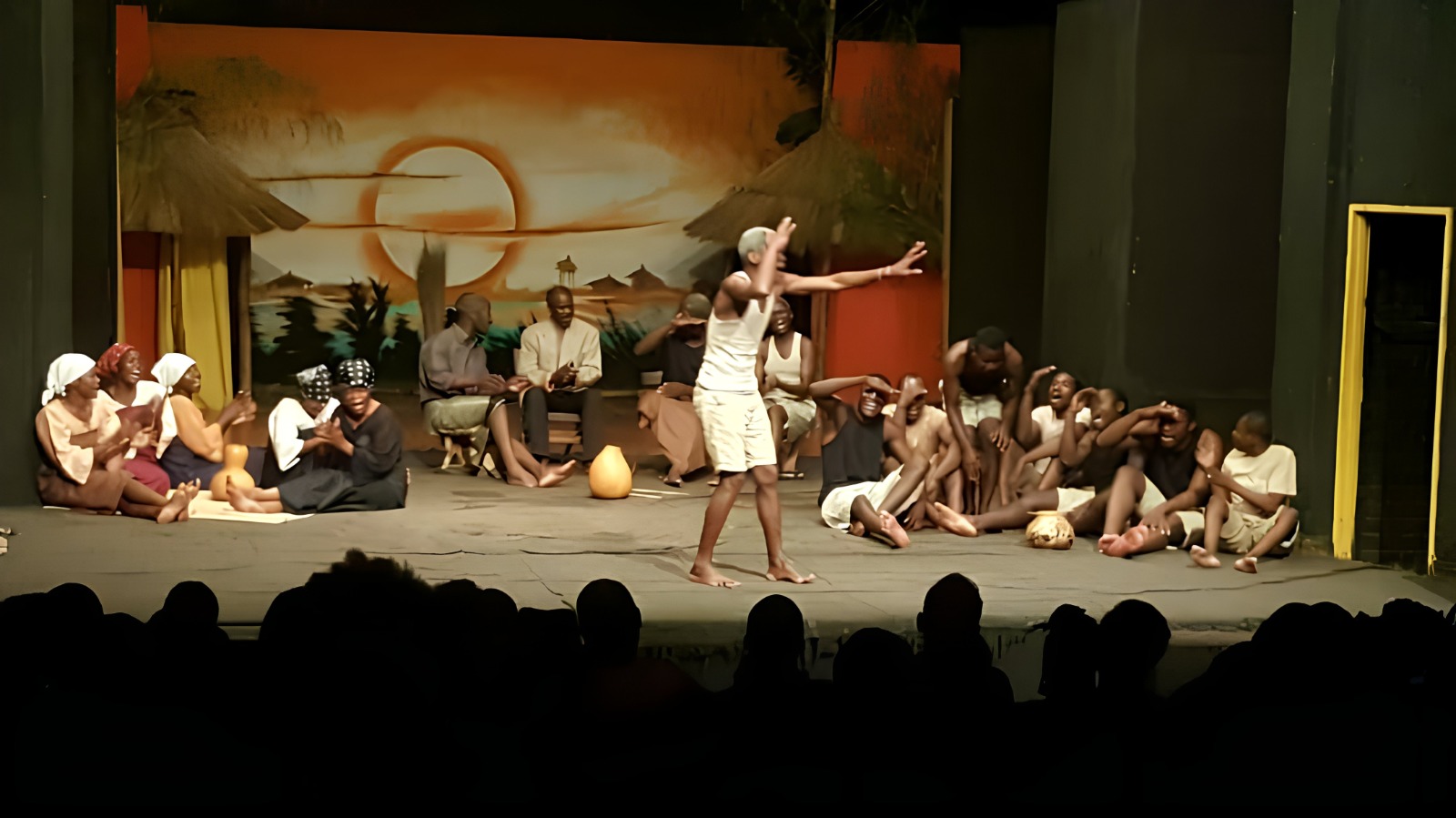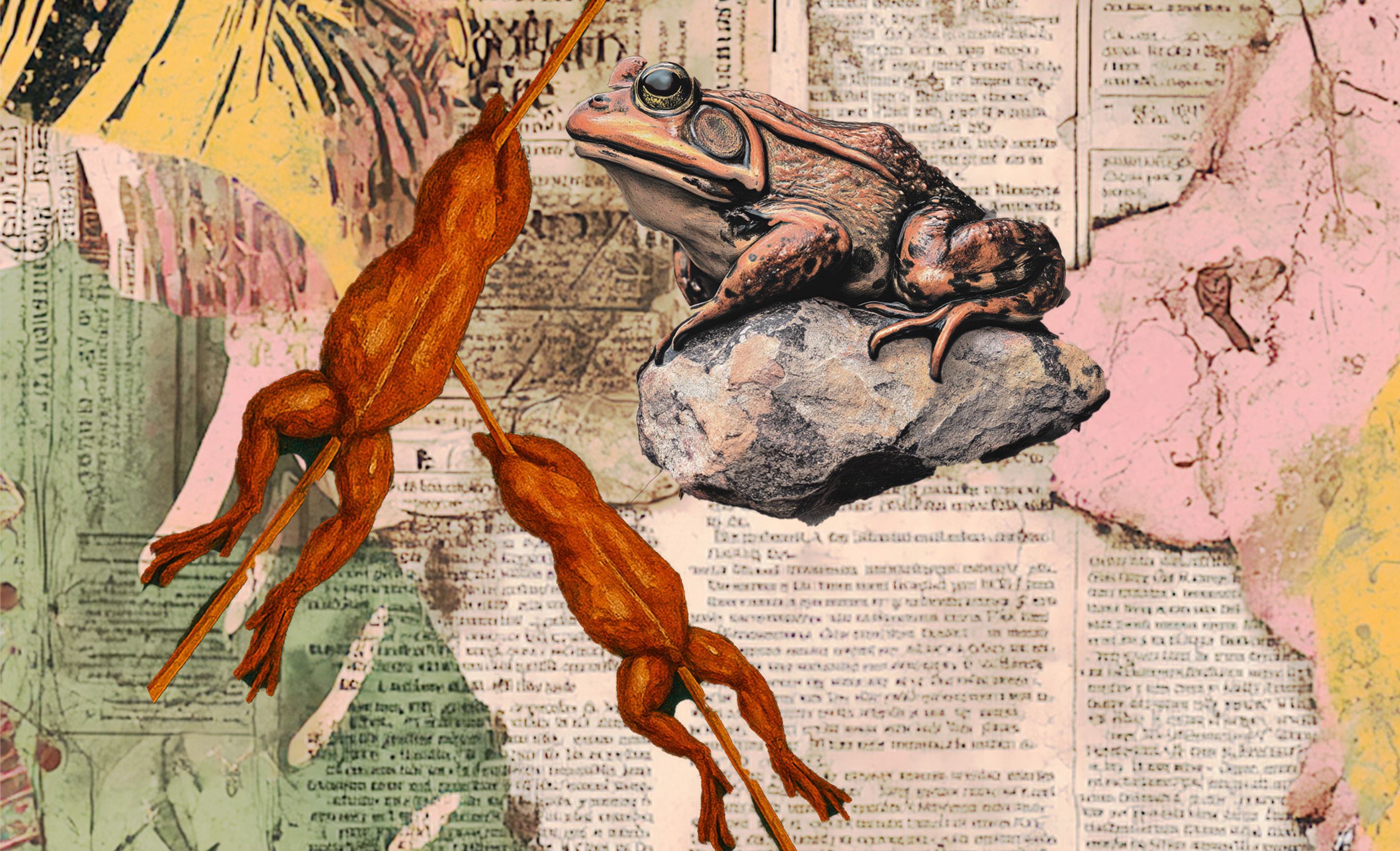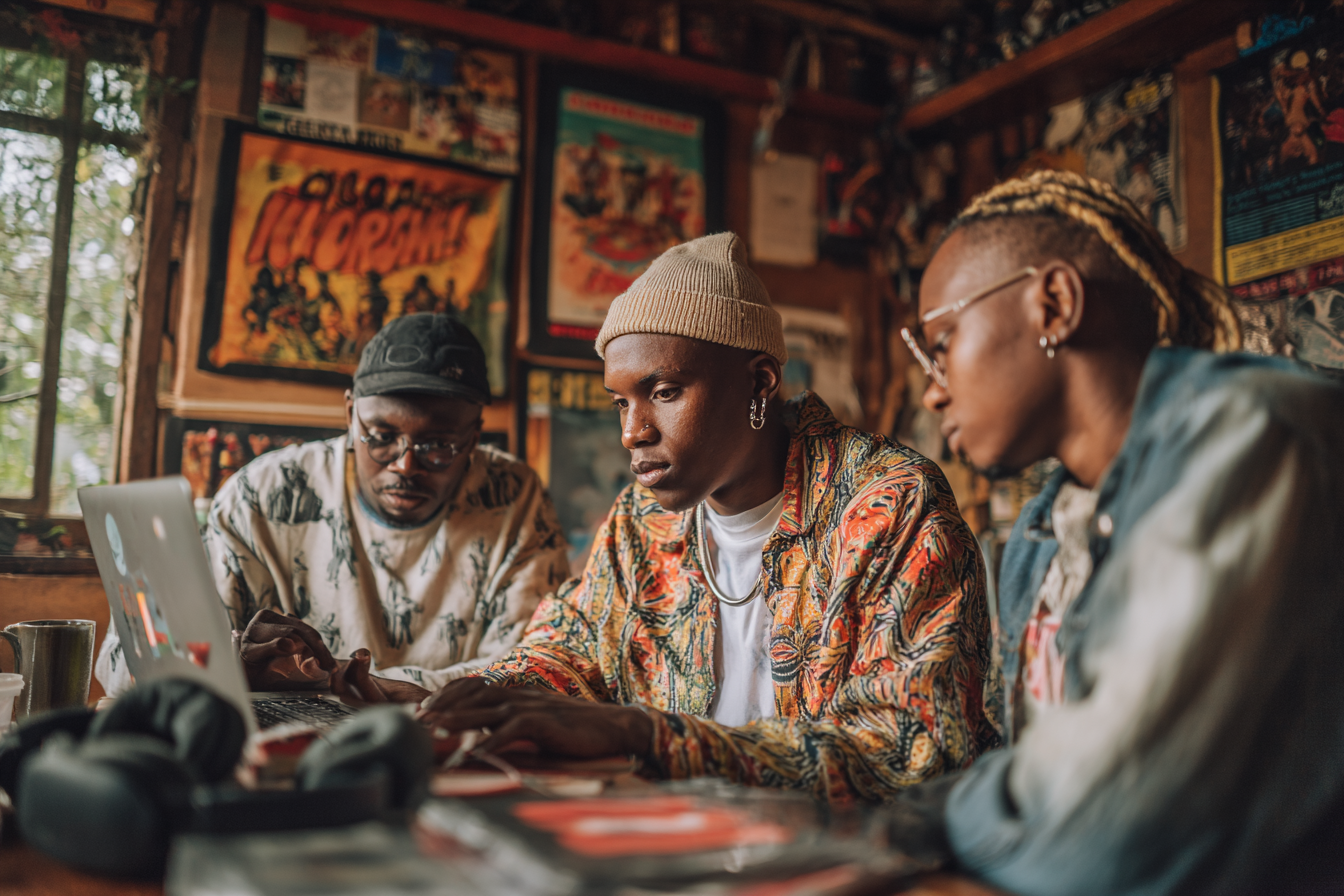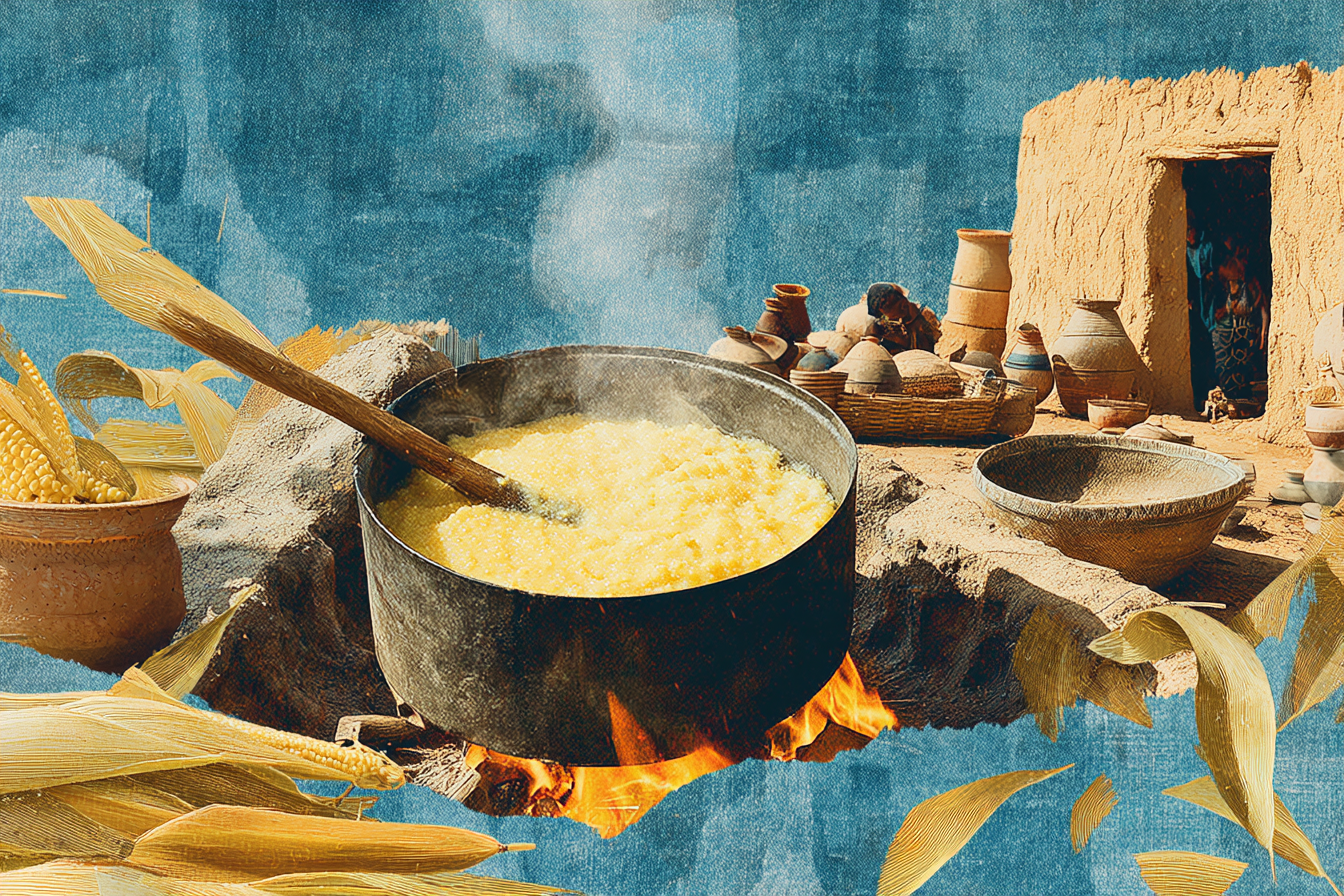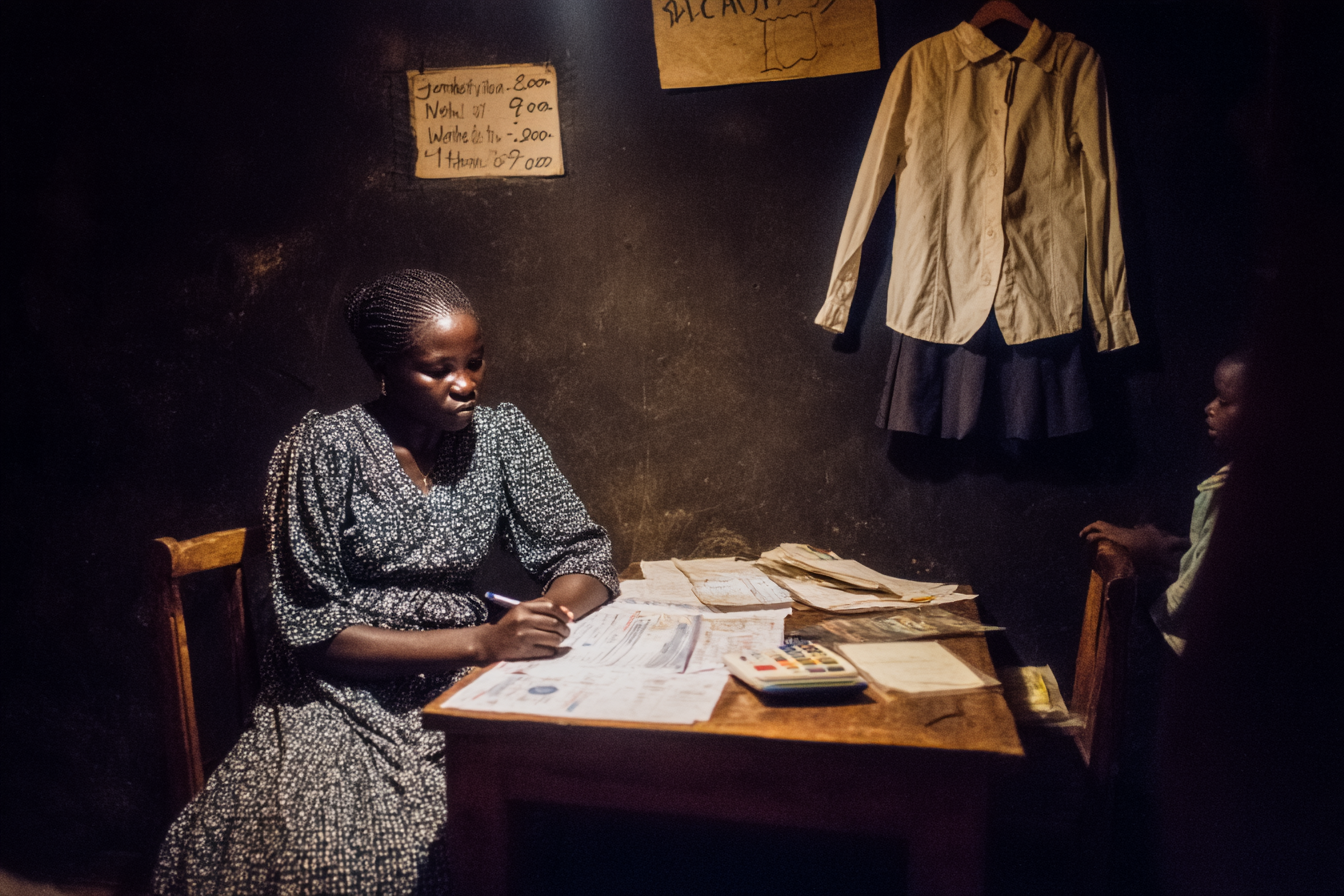The Lozi people are known for the vitality of their culture, distinct history and rich mythology. They’re also known for hosting one of the most spectacular and best-known traditional ceremonies in Zambia, the Kuomboka.
The ceremony is not merely a celebration; it is a testament to the resilience, unity, and rich cultural heritage of the Lozi people. It is a prime example of how the Lozi people have adapted to their environment and the changing seasons. This year’s edition is taking place on the 20th of April, and there will be a twist. Historically, the ceremony marked the annual journey of the Litunga, the Lozi king*, from his flooded palace in the plains (Lealui) to the higher grounds of Limulunga, where he would reside during the dry season. The migration is necessary due to the rising water levels in the Zambezi River. During this year’s ceremony, the Litunga and his people will travel from Lealui to Mulamba Harbour in Mongu district due to relatively low rainfall during the just-ended rainy season.
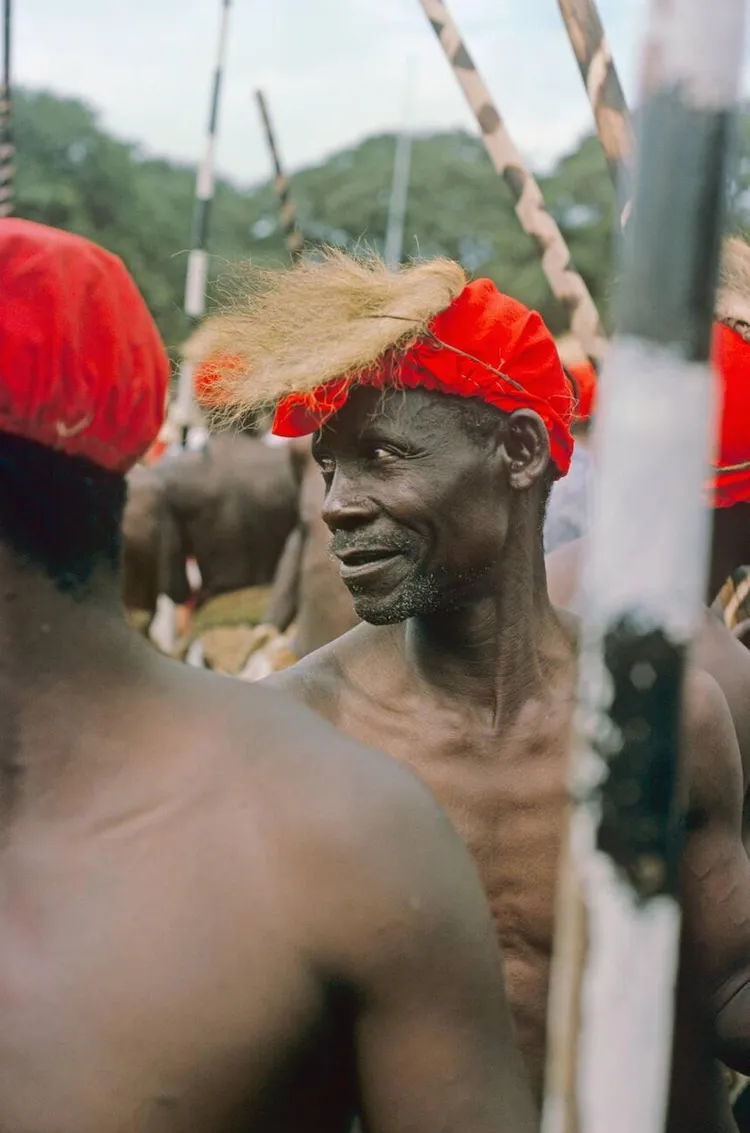
The Kuomboka ceremony's origins date back to the 17th century when the Lozi people migrated to the Barotseland region, located along the floodplains of the Zambezi River in Zambia’s Western Province.
Legend has it that the first Kuomboka occurred when the Litunga's grandmother, Queen Mwambwa, navigated the floodwaters using a giant dugout canoe known as the Nalikwanda. This event inspired the tradition that continues to this day, over 300 years later.
The word "kuomboka" itself means "to get out of water" in the Lozi language, symbolising the transition from one season to another and the resilience of the Lozi people in adapting to their environment.
The Lozi people also hold a lesser-known ceremony called Kufuluela. During this ceremony, the Litunga and his people leave Limulunga and return to Lealui after water levels recede, usually in August.
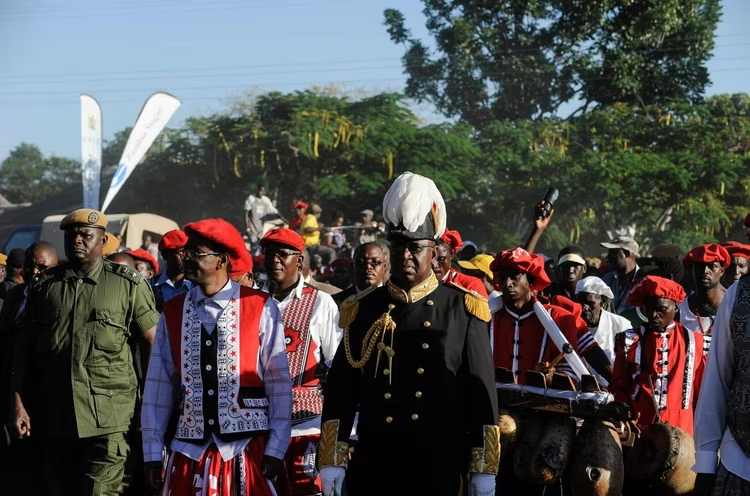
Central to Lozi society is the institution of the monarchy, with the Litunga serving as both a political and spiritual leader. The Litunga's authority is upheld by a complex system of governance and rituals, of which the Kuomboka is a crowning jewel.
The Lozi are renowned for their craftsmanship, particularly in boat-building and weaving. The Nalikwanda, the ceremonial canoe used in the Kuomboka, is a masterpiece of traditional craftsmanship, adorned with intricate carvings and symbols representing the Lozi's connection to their ancestors and the natural world.
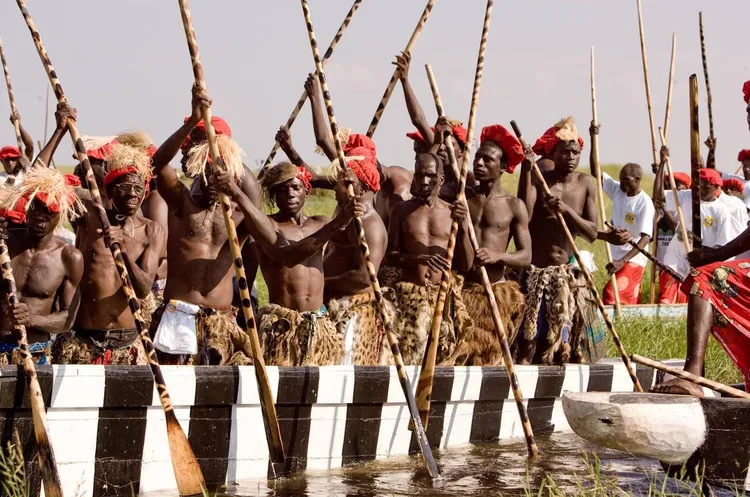

The Kuomboka ceremony stands as a testament to the enduring spirit and cultural heritage of the Lozi people. By embracing traditional ceremonies with respect and enthusiasm, visitors to Zambia can partake in a journey of cultural discovery and create memories that will last a lifetime.
Navigating Traditional Ceremonies in Zambia
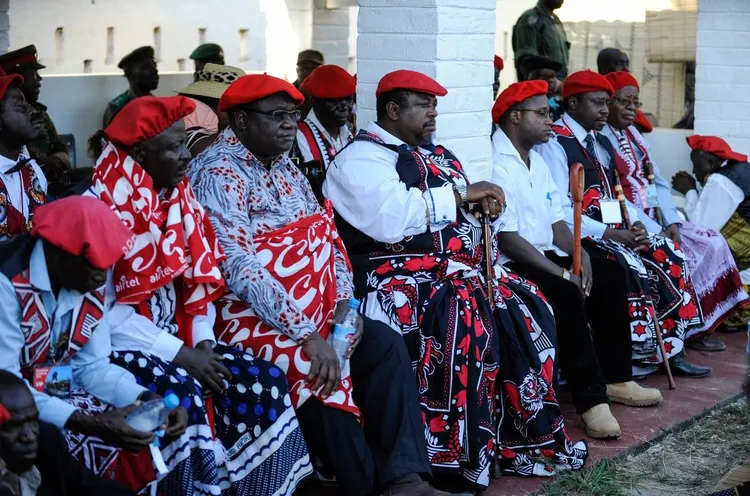
For those seeking to experience the magic of traditional ceremonies like the Kuomboka or numerous others in Zambia, it's essential to approach with respect, curiosity and an open mind.
Here are some tips to enhance your experience:
- Research and Understand: Take the time to learn about the history, significance, and customs associated with the ceremony you plan to attend. Understanding the cultural context will deepen your appreciation for the event.
- Respect Local Customs: Follow any guidelines or protocols provided by the ceremony organisers. This may include attire, behaviour, and participation in rituals. Respect the event's sacredness to the local community. If possible, hire a local guide to help enhance your experience.
- Engage with Locals: Don't be afraid to interact with the people attending the ceremony. Engage in conversations, ask questions, and listen to their stories. You'll gain valuable insights and forge meaningful connections.
- Embrace the Experience: Allow yourself to be fully immersed in the sights, sounds, and emotions of the ceremony. Take in the vibrant colours, rhythmic music, and spirited dancing. If permitted, capture memories through photography, but remember to be unobtrusive and respectful.
- Support the Local Economy by purchasing handmade crafts or souvenirs from local artisans. Your contribution helps sustain traditional craftsmanship and supports the livelihoods of local communities.
- Book your accommodation well in advance: Accommodation fills up quickly in areas hosting traditional ceremonies. Try to book a place to stay at least two months before the ceremony. Some enterprising locals open their homes to visitors during traditional ceremonies, so consider this an alternative to hotels, lodges, and guesthouses if you find yourself struggling to find a place to stay.
- Combine the traditional ceremony experience with another attraction: One way to maximise your experience is to visit attractions on the way to or from the ceremony, or attractions close to the area where the ceremony is taking place. For instance, you can visit Sioma Ngwezi National Park or Liuwa Plain National Park, both of which are located in Western Province.
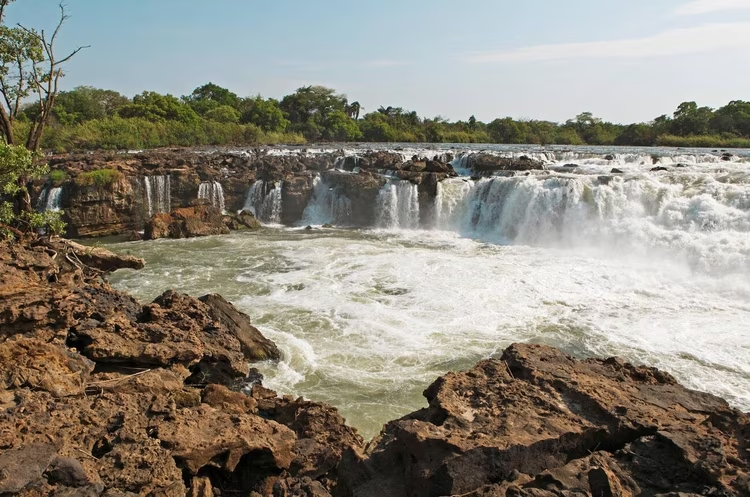
The Lozi people are the only Zambian tribe to have a king.

